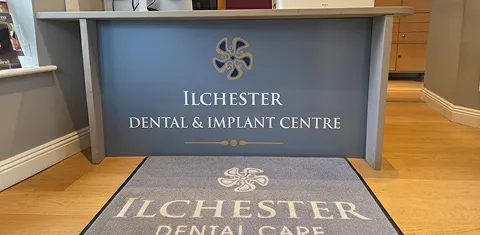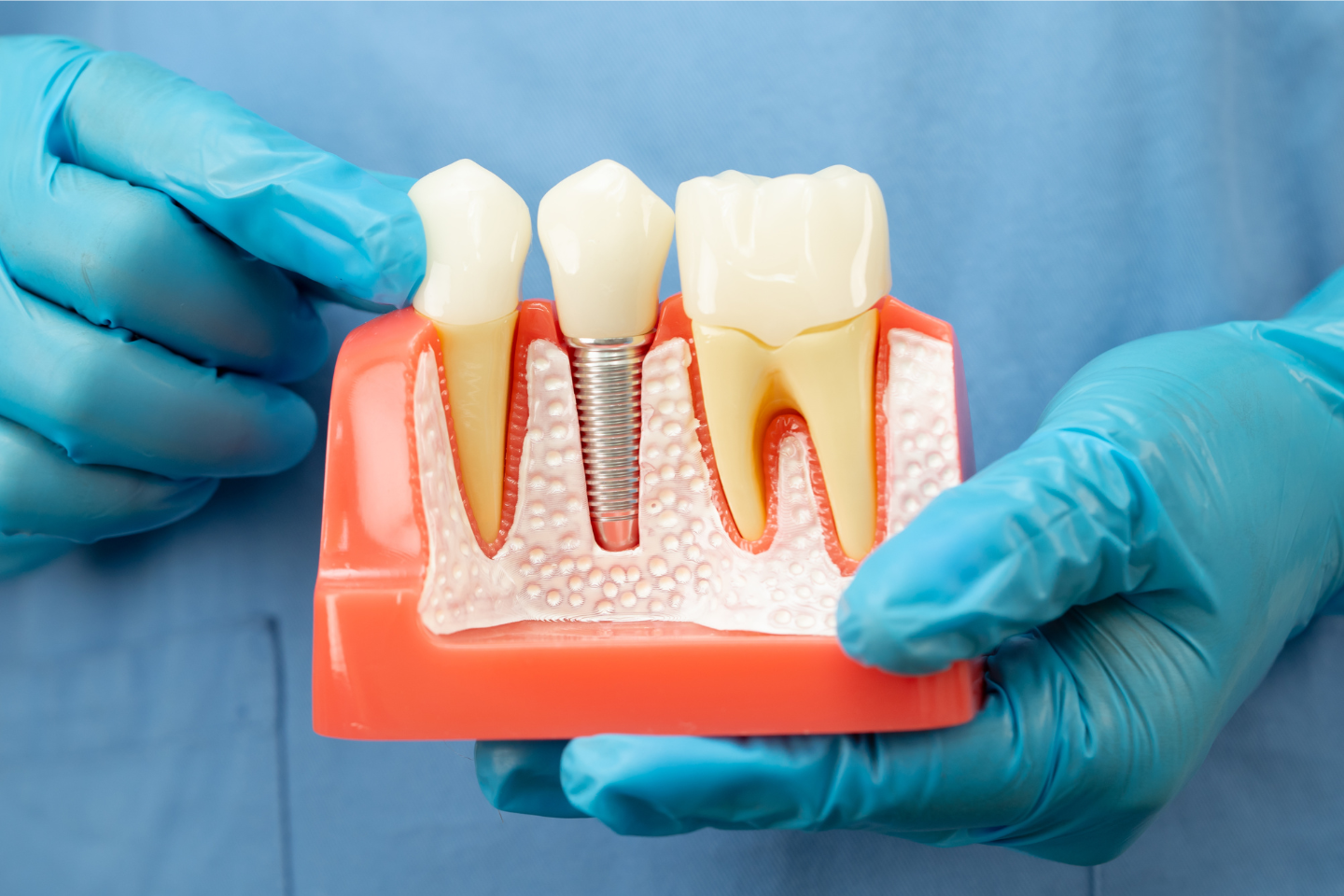Wisdom teeth are the last teeth to come through, growing at the rear of your jaw. Most people have four wisdom teeth – one in each ‘corner’ at the back of their mouth. Usually, wisdom teeth come through during the late-teens to early-twenties. As they are the last to come through, there isn’t always enough room remaining for them to grow through properly.
Given this, wisdom teeth can sometimes grow through at an angle, potentially getting ‘stuck’ and only coming partway out. When this happens, it is known as having an ‘impacted’ wisdom tooth.
Due to this, wisdom teeth may need to be treated. Usually, this would be through a full extraction. However, in some cases, where the location of the tooth may cause risk of nerve injury, a dentist can remove just the ‘crown’ of a tooth. This is known as a coronectomy.
Some reasons wisdom teeth can require extraction include:
A full extraction carries too high a risk – for example, due to the nerve in your jaw being too close to the roots of the wisdom tooth – a coronectomy can be used to prevent any risk of nerve injury.
During a coronectomy, the crown of the wisdom tooth will be removed, with the roots being left in your jaw, intact. This treatment isn’t recommended if the tooth or its roots are infected.
Apicectomy treatment is also known as root surgery. This is where the tip of a tooth’s root (the apex) is removed in a minor surgical operation. This can be carried out if infection or other complications persist following root canal treatment, or if the dentist has been unable to seal the very tip of a root with a normal filling. An apicectomy then allows the removal of any apex infection, preserving the natural tooth, as opposed to extracting it.
Using local anaesthesia, the area around the tooth is numbed before the nearby gum tissue is raised away from the tooth, gently, to allow access to the apex of the infection. This is then thoroughly cleaned out, before the tip of the root is removed and a special cement is placed to seal the new opening. Finally, the gum tissue is replaced to allow for healing to occur. Sutures (stitches) are often used to hold the gum back in place.
Oral surgery involves procedures like tooth extractions, wisdom tooth removal, and other surgical interventions to maintain oral health.
We use local anaesthesia to ensure you're comfortable during the procedure. Sedation options are also available for anxious patients.
Recovery varies depending on the procedure. Your dentist will provide specific aftercare instructions to ensure proper healing.
As with any surgery, there are risks such as infection or delayed healing. Your dentist will discuss these with you beforehand.
Follow the pre-operative instructions provided by your dentist, which may include fasting or adjusting current medications.

.svg)

Explore our blog for expert advice, treatment insights and oral care tips.

Wondering if dental implants feel natural? Learn how implants restore chewing, speech, and comfort from Ilchester Dental & Implant Centre in Yeovil.

Learn how dental implants support long-term oral health, protect jaw bone, and provide safe tooth replacement in Yeovil.

Learn how to maintain oral health after root canal treatment with Ilchester Dental & Implant Centre. Discover aftercare tips, crown importance, hygiene routines, and long-term dental care in Ilchester and Yeovil.